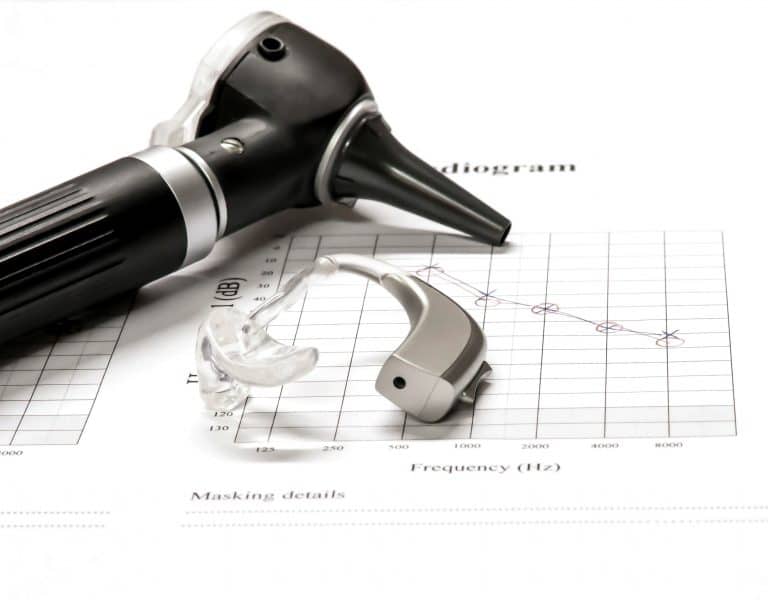Your hearing aids have the important job of connecting you to the hearing world. Though hearing aids are built to withstand the rugged environment of your ear, that doesn’t mean they aren’t sometimes subject to damage. Below are some of the most common hearing aid problems and how to get them repaired.
Broken Tubing
Behind-the-ear (BTE) style hearing aids having thin tubing that connects the earmold to the main part of the hearing aid. Over time, this tubing can stretch, crack, discolor or degrade. If your tubing is looking worn out, visit your audiologist. They can replace the tubing and show you how to fix it yourself next time.
Busted Microphone
Problems with volume or sound quality are usually due to one of two reasons: dead batteries or a broken microphone. You should purchase a battery tester from Fort Myers Prescription Shop. If your batteries are fine, bring your hearing aid to the audiologist to repair the microphone. For extensive damage, they may need to send your devices back to the manufacturer to be fixed.
Damaged Ear Hooks
Ear hooks are the moon-shaped portion of in-the-ear (ITE) hearing aids that latch around the ear and hold the devices in place. Since they stick out from the device, they can be bent or broken fairly easily. Fortunately, this type of repair is cheap and easy and can be performed in an audiologist’s office.
Degraded Earmold
The earmold is the portion of the hearing aid that delivers sound to your ear canal. Over time, it can stretch and lose its shape, leading to poor sound quality and ear pain. An audiologist can create a new earmold using casts of your ears that they have on file.
Moisture Damage
Inside your hearing aid are intricate, delicate electronics that can be damaged by even a small amount of moisture. While moisture that has infiltrated the tubing can be fixed easily in-office, if it has damaged the circuitry, the device will likely need to be sent off to the manufacturer to be repaired. You should never wear your devices when showering, bathing, swimming or sitting in a sauna.
For more information or to schedule an appointment for a hearing aid repair, call Gulf Coast Audiology today.

